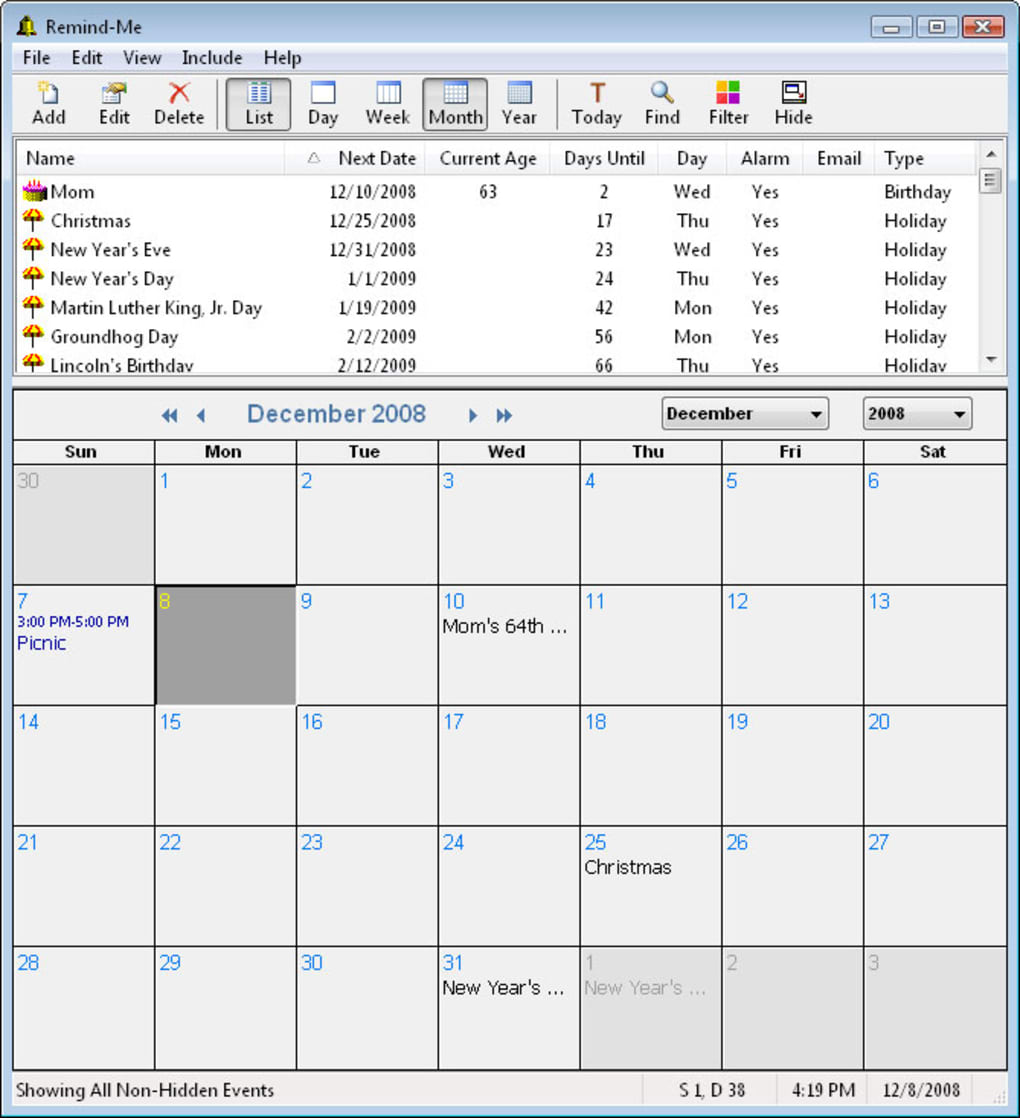

If you're curious, you can tap the "why" button to learn what the activities are supposed to do.įor example, our "Simon Says" game with extra prepositions apparently "promotes the development of divergent thinking, ingenuity, adaptabilty, and fluid intelligence." These are geared not just to your kid's age, but to the answers you've already given about interests and abilities. This activity usually combines learning with play. That question is designed either to gather information important to a child's life outcomes, or spark reflection in a parent.Īn example of the former would be, "Are you (mother) the first in your family to go to college?" and the latter is something like, "Does Jayden like to be a leader?" Ming wants future versions of the app to include the ability to upload short audio clips or pictures, say, of your kid's drawing, to customize feedback even more.Īlso each day, the app provides a brief suggested activity or conversation starter. Instead, she wondered, can we use AI to "optimize life outcomes," by targeting small interventions to kids from birth?Įvery day, the Muse app asks one yes-or-no question. If you say, 'Your son is in danger of dropping out in the ninth grade,' it could make it more likely." She calls this approach a "cursed crystal ball." Sometimes a little foreknowledge can be a dangerous thing: "If you tell someone, 'Hey, your daughter is going to win a Nobel Prize someday,' it makes it less likely. That, in turn, allowed them to predict the grades that the students would earn in an online biology and English course.Īs chief scientist of her previous company, Gild, Vivienne Ming says, "I built models that predicted how good people would be at jobs they'd never held." With a database of 122 million professionals, they saw that grades and standardized test scores were less predictive of success than were patterns indicating higher-order factors, like growth mindset.īut Vivienne Ming wasn't satisfied with using AI for evaluation or prediction. Vivienne Ming, the co-creator of Muse, is both a neuroscientist with a doctorate from Carnegie Mellon University and a technology entrepreneur interested in the application of artificial intelligence to human success.Īlong with her wife and co-founder, Norma Ming, a cognitive scientist, she built an AI program to parse student posts in discussion forums. Kids are spending an average four-plus hours a day with screen media adults check their phones nearly 50 times a day.īut what if, instead of distancing us, technology were instead designed to help families bond and children grow? That's the utopian sales pitch of apps like Povi and Muse: Pay some money, get happier kids. Another is the encroachment of digital technology into what sometimes feels like every waking moment. One is the growing awareness of the importance of fostering social and emotional skills, alongside language and math, beginning in early childhood. Muse, and a similar consumer technology called Povi, which are both currently in beta testing, represent the convergence of a couple of trends. I can even call out the commands while chopping vegetables. Here's what it says: "Try playing 'Simon Says' with L, using directional words like: behind, around, between. It's a timely suggestion from an app called Muse. But this time it's not a Twitter mention or an email from my editor.

Normally I'd feel guilty for checking it immediately, and distracted even if I didn't.

I'm hanging out with my 4-year-old daughter in the early evening, trying to keep her entertained and pull dinner together, when my phone buzzes.


 0 kommentar(er)
0 kommentar(er)
